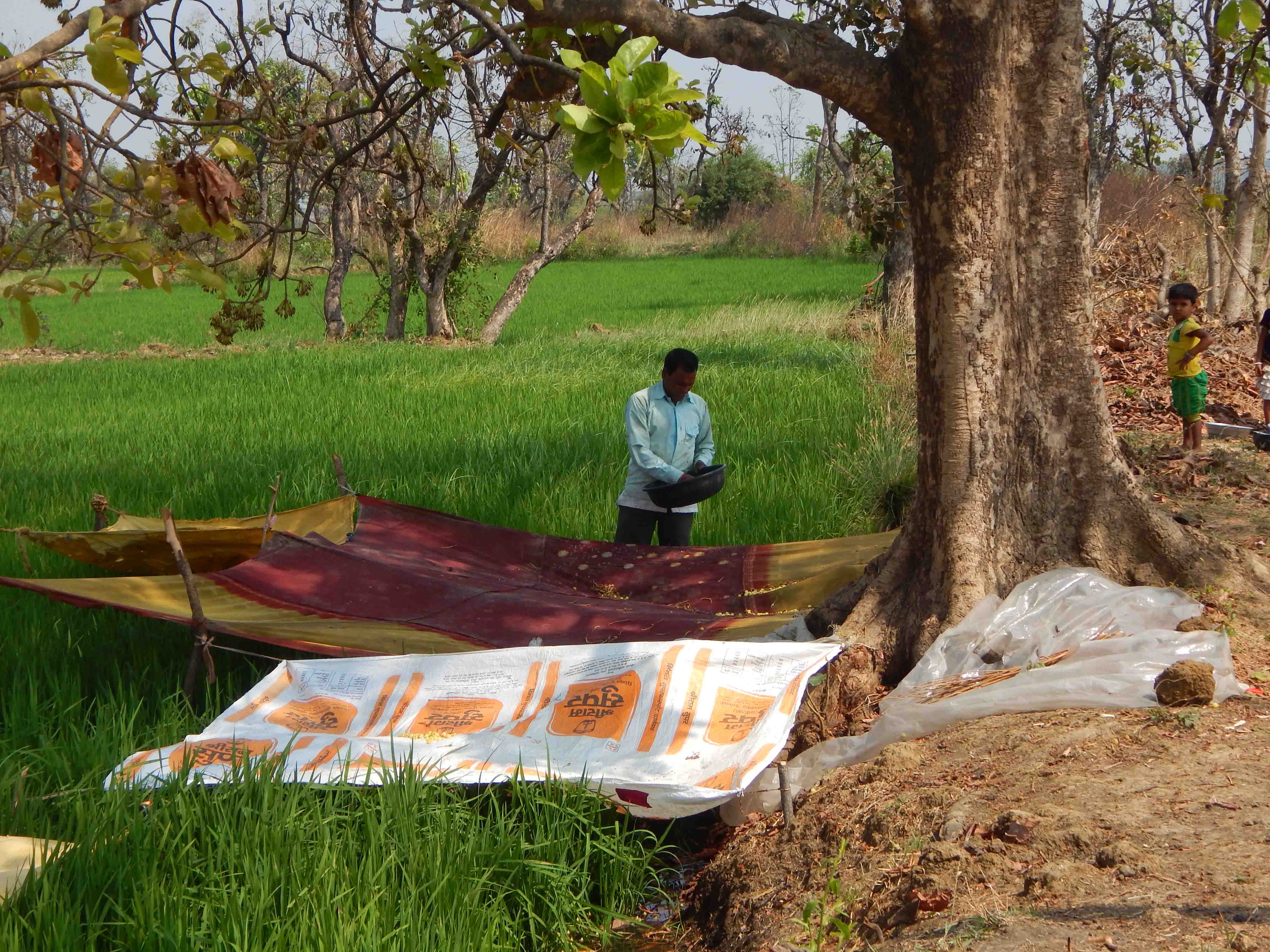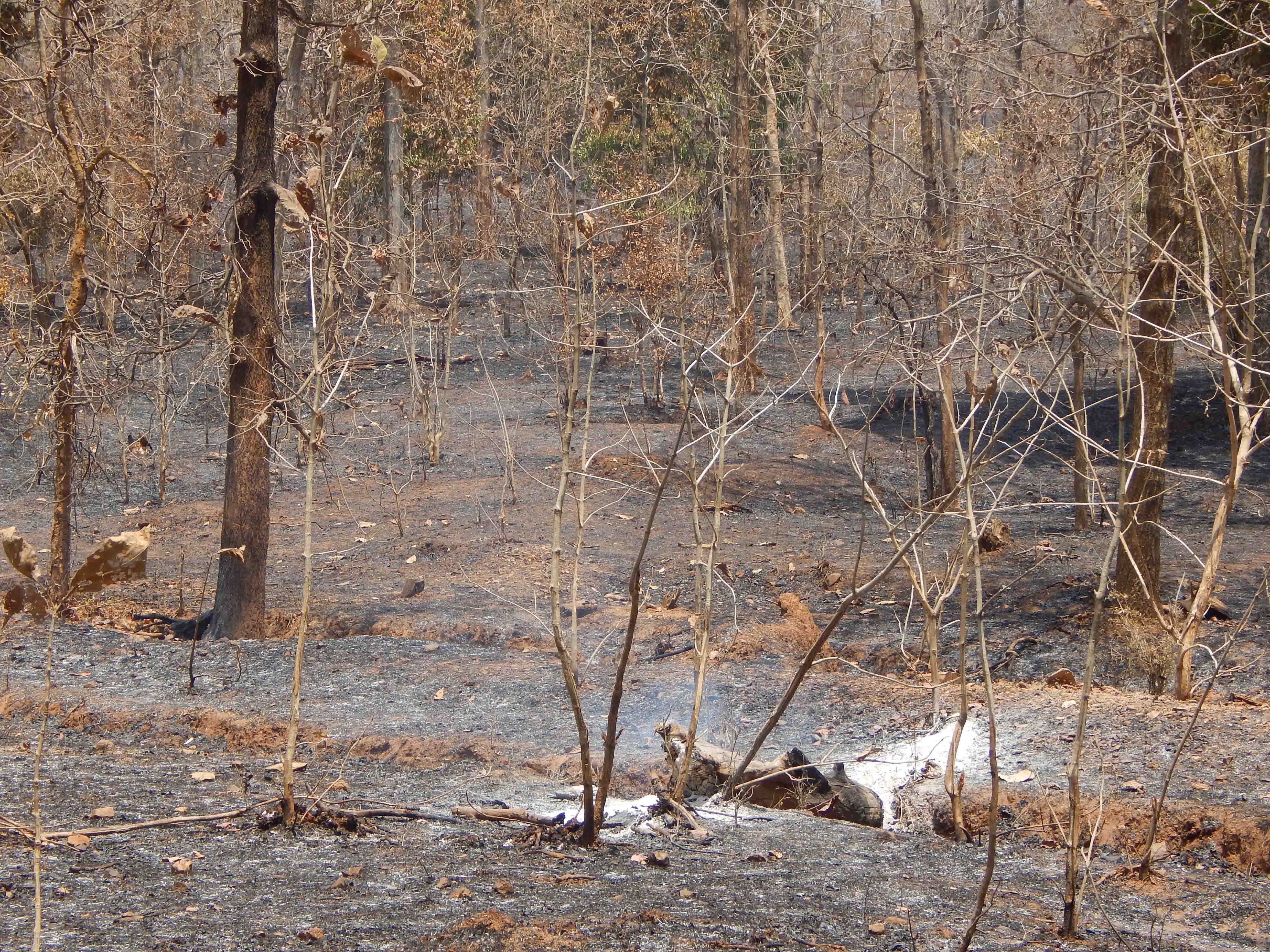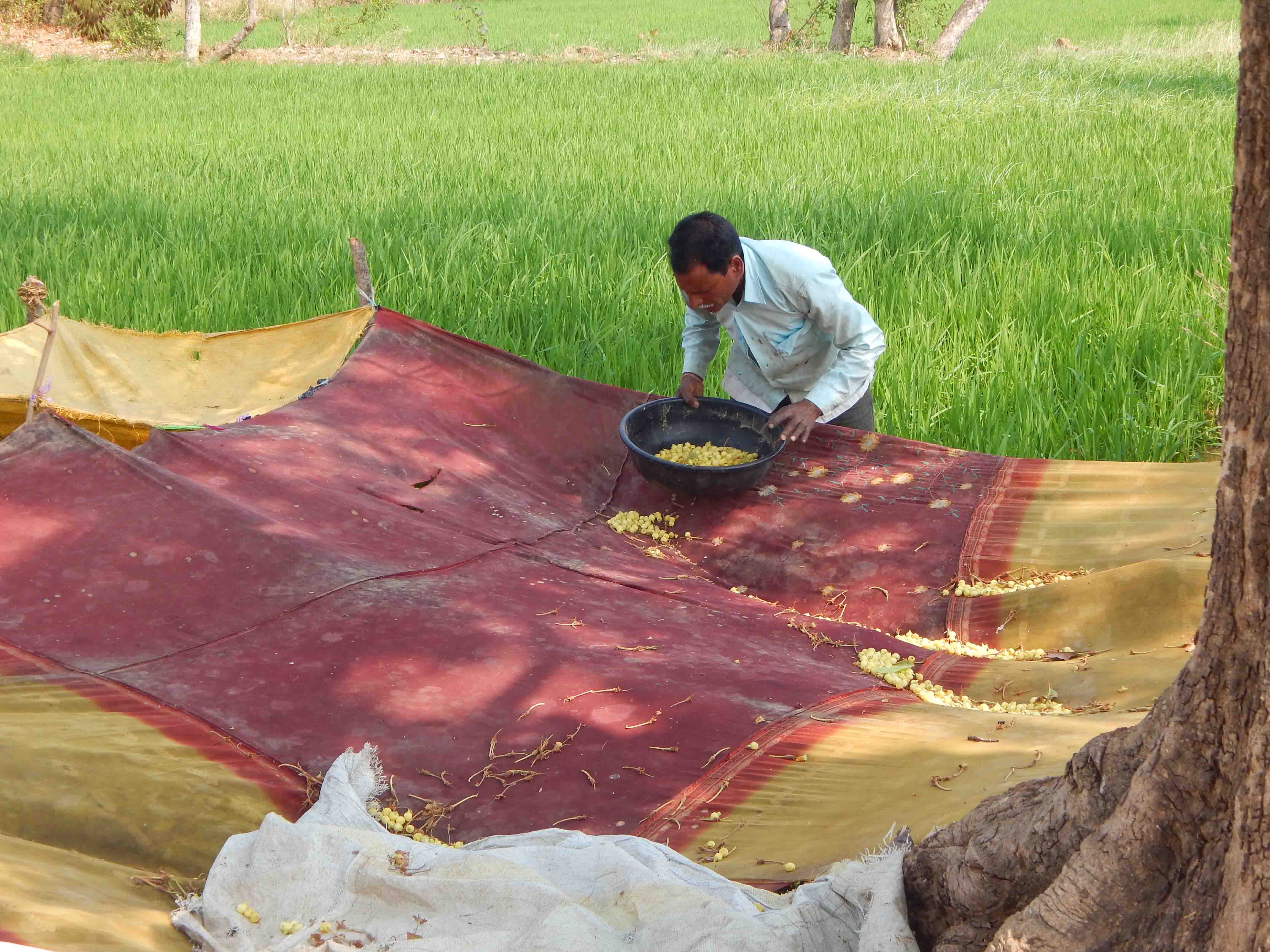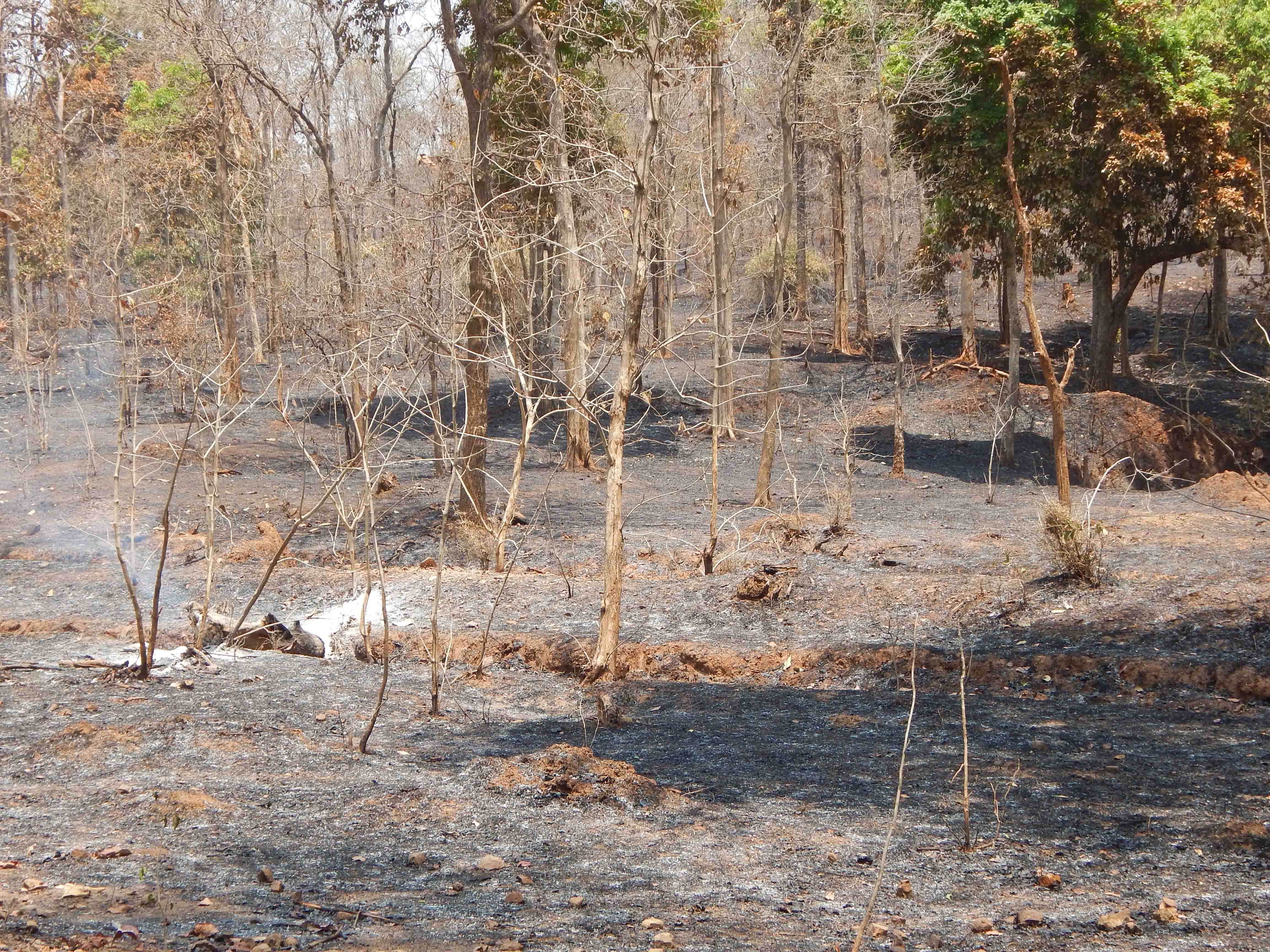Gondia, 30 August 2019: The simplest of solutions can go a long way to add value to people’s lives and save the environment. A better method of collection of Minor Forest Produce (MFP) and value addition by turning it into a marketable product is expected to help communities co-exist with wildlife in the Nagzira- Navegaon corridor of Central India.
We are working to facilitate unhindered tiger movement across the Central Indian landscape of Nagzira-Nawegaon-Tadoba Andhari Tiger Reserve in Vidarbha through addressing human animal conflict and promoting green livelihoods with communities in this landscape. A two-day training program on 25th and 26th August was organized in Malijunga, a corridor village parallel to Nagzira Tiger Reserve for the local community to learn and practice sustainable collection methods of Minor Forest Produce such as Mahua flowers (Madhuca longifolia).




Handpicked from the ground, dried and then sold to dealers and brokers, the flower possesses significant traditional importance and was once a key ingredient in dwellers’ diet. To facilitate picking, locals often set fire to the undergrowth for better visibility that can accidentally turn into a forest fire. The villager also spends a considerable amount of time inside the forest making him/her vulnerable to conflict or attack by wild animals. To avoid this, WTI introduced collection through nets, where the villagers install their nets under the tree on a platform to collect the falling flowers. As this flowering period is of 10-20 days, the installed nets can catch the falling flowers and villagers can later collect these from the net instead of handpicking from the ground, which is undeniably less tedious. The flowers collected in nets are cleaner than those handpicked from the ground, and certainly, have more value to be used to make various food items.
What’s more, we involved 20 women and 5 men from Malijunga, Sondlagondi, Lendijheri, Khadki, and Khursipar villages, to start baking mahua cookies. We provided raw materials, transportable oven, and other capital inputs and had a community beneficiary Smt. Gunwanta Ramteke of Rampuri village in Brahmapuri Forest Division to train the group. The trainees look forward to baking up success following Smt Ramteke who is now a successful entrepreneur in Rampuri Bakery earning a decent livelihood by selling fresh biscuits.
The Self Help Groups created under this project have been recently recognized for their exemplary work. Read more here. The project is supported by IUCN, Maharashtra Forest Department, the German government and the German Development Bank.